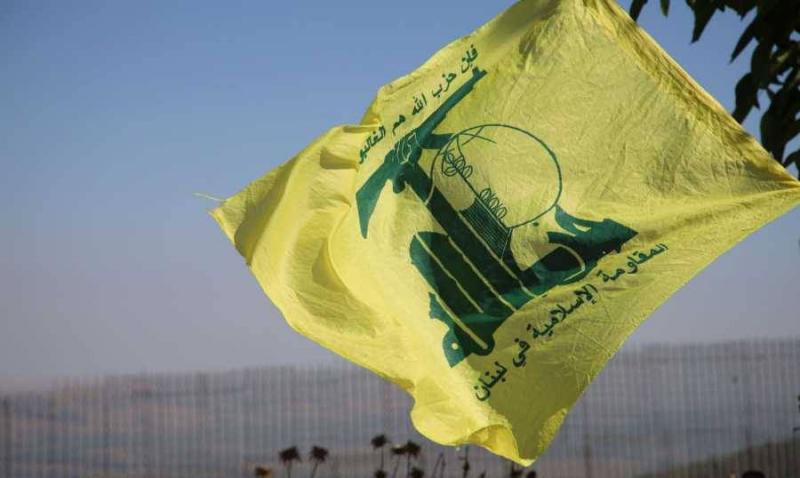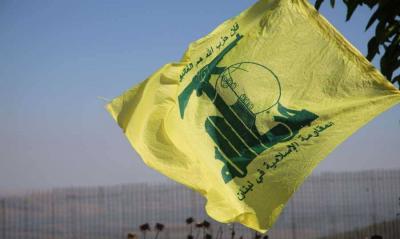The newspaper "Al-Akhbar" indicated that, aside from the Israeli pride in the manner in which the UN Security Council extended the mandate for the United Nations Interim Force in Lebanon (UNIFIL), a closer examination of the events leading to the session in New York reveals a challenging diplomatic battle. The Israeli foe, backed by the Americans and their allies, aims to transform UNIFIL into a tool to serve a single purpose: to monitor and guard Israeli interests. To this end, the enemy exerted significant effort to make the resolution harsher against Lebanon, seeking to introduce additional amendments that would free UNIFIL from any constraints related to Lebanon’s interests and sovereignty. Officials in Beirut talk about a "success in preventing Tel Aviv, Washington, and Abu Dhabi from achieving the Israeli objective." Ultimately, the Lebanese government, supported by some political forces, considers that the current version of the extension resolution is better than last year’s.
Proponents of this view point to the addition of a phrase emphasizing the necessity of coordination between the international forces and the Lebanese government regarding their field operations. While the enemy and its backers celebrated their stance that international forces are not required to seek permission from anyone, everyone knows that Lebanon can defend its position whenever it chooses, especially when anchored in a strong and stable foundation represented by resistance.
In light of the disastrous resolution issued last year, which resulted from the negligence - and perhaps more - of Lebanon's then-U.N. ambassador Amal Mudallali, as well as the indifference and carefree attitude of the official administration in Beirut, Hezbollah entered the battle to avoid a repeat of this "scandal." This was particularly after notable Israeli activity in the halls of the U.N. Security Council and the immense pressures faced by delegations of member states to worsen the resolution.
Hezbollah accompanied the negotiations surrounding the extension resolution on two parallel fronts: the first involved consultations with the Lebanese state. According to information, there was communication with Foreign Minister Abdullah Bou Habib, who heard a suggestion to go to New York accompanied by a Lebanese Army officer. Bou Habib was advised that he should lead this battle using two tools: the first was a threat to withdraw Lebanon’s request for UNIFIL’s mandate, and the second was a request for Russia to wield its veto power, as Lebanon was in contact with the Russians who showed some responsiveness in this regard.
Consequently, Bou Habib communicated with Prime Minister Najib Mikati, who in turn reached out to the political aide of Hezbollah's Secretary-General, Hussein Khalil, to inquire about the threat to withdraw the mandate and whether Hezbollah truly did not want "peacekeeping forces." The response was that "Lebanon sent a message to the Security Council requesting an extension based on a formula that emphasizes coordination with the army, and if Lebanon's request is not considered, we are serious about withdrawing the request." The discussions resulted in an agreement to send a message to French President Emmanuel Macron, and a similar one to U.N. Secretary-General Antonio Guterres, stating, "We in Lebanon will not accept a formula that does not stipulate coordination between UNIFIL and the army, and that the Israeli enemy is the one who violates Resolution 1701. If Lebanon's requested amendments are not adopted, it will withdraw the request for extension."
The second line of effort by Hezbollah was to communicate with several member states of the Security Council based on existing diplomatic ties, specifically Russia, China, Brazil, Japan, and Switzerland. The outcome of these communications reflected Hezbollah's position with these countries, especially Brazil and Japan. Russia and China, which possess veto power, abstained from voting for the first time in a manner that aided Lebanon's position. Simultaneously, there was direct communication with Paris due to the ongoing and complex relationship between Hezbollah and the French on various issues. During these discussions, the French pointed out the "nefarious" role that the UAE plays in the matter and conveyed that Israel "continues to exert substantial pressure to achieve its objectives," while stating that "the Americans did not take Lebanon's threat to withdraw the mandate seriously, but we clarified Lebanon's seriousness in this context."
Based on this, discussions in the Security Council saw French drafts adjusted multiple times (since France was tasked with drafting the resolution) before the final version was adopted. The process of approving the resolution underwent three basic phases: the first was a version that Hezbollah deemed "insufficient" and firmly communicated this stance to the French, expecting more, especially since it did not indicate a change from last year's resolution. In the second phase, the French amended the leaked blue-hued formula (especially after they heard again about Lebanon's seriousness in withdrawing the request, to the point that they mentioned the need to be informed in advance if Lebanon decided to withdraw the request so they could pull out their French troops). This amended formula was accepted after adding to the article concerning UNIFIL's freedom of movement, "continuing coordination with the Government of Lebanon, taking into account Lebanese sovereignty according to the Sofa Agreement." However, this formula "surprised" the Americans and the Emiratis, who were enraged because the French had not coordinated with them, leading them to reject it and exert pressure to amend the second French draft. The result was that the final version omitted some of the modifications requested by Lebanon, such as referring to the occupied area north of the town of Ghajar as the territories of the town of Mari, and characterizing the enemy's presence there as "an occupying force."




